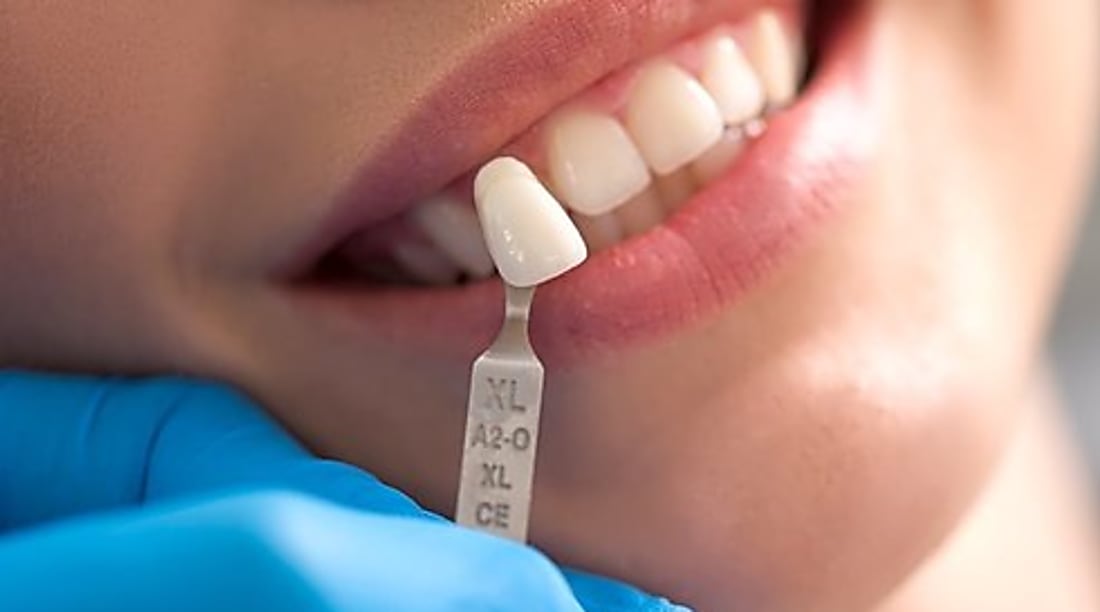Exploring Options for Dental Implant Solutions
Dental implants offer a durable and aesthetically pleasing solution for replacing missing teeth, significantly impacting oral health and quality of life. Understanding the various aspects of dental implant treatments, including how to access care and potential financial support, is crucial for individuals considering this advanced restorative option. This article aims to provide a comprehensive overview of dental implant solutions, detailing treatment pathways and financial considerations to help individuals make informed decisions.

This article is for informational purposes only and should not be considered medical advice. Please consult a qualified healthcare professional for personalized guidance and treatment.
Dental implants represent a significant advancement in restorative dentistry, offering a long-term solution for individuals with missing teeth. Unlike dentures or bridges, implants are surgically placed into the jawbone, providing a stable foundation for artificial teeth that look, feel, and function much like natural ones. The decision to pursue dental implants involves understanding the procedure, its benefits, and the various pathways to access treatment, including financial aspects.
Accessing Dental Treatment Through the NHS
In the United Kingdom, the National Health Service (NHS) provides comprehensive dental care, but the scope of treatment for dental implants can be limited. NHS dental services are generally focused on providing clinically necessary treatment to maintain oral health. While some restorative procedures are available, dental implants are typically not routinely provided by the NHS unless there is a specific clinical need, such as following trauma or certain medical conditions, and often after other, less complex options have been explored and deemed unsuitable. Patients usually pay a set charge for a course of treatment, categorized into bands, with Band 3 covering more complex procedures. However, most individuals seeking dental implants will likely need to explore private dental care options, as cosmetic or elective implant treatments are not usually covered by the NHS.
Exploring Local Dental Implant Grant Opportunities
For those considering dental implants, the cost can be a significant factor. While direct government grants specifically for dental implants may be uncommon, several avenues for financial assistance or reduced-cost treatment might be available. Some dental schools offer treatment at a reduced rate as part of their training programs, with procedures supervised by experienced faculty. These programs often have specific eligibility criteria and waiting lists. Additionally, certain charitable organizations or foundations may provide grants or financial aid for individuals who meet specific criteria, often related to income, medical necessity, or disability. Investigating local services and non-profit organizations in your area that focus on healthcare support can sometimes reveal potential opportunities. It is recommended to contact dental practices, local health authorities, and relevant charities directly to inquire about any available programs or assistance.
Understanding Dental Implants and Treatments
Dental implants are small, screw-shaped posts, typically made of titanium, that are surgically placed into the jawbone where teeth are missing. This titanium post acts as an artificial tooth root. Over several months, the implant fuses with the bone in a process called osseointegration, providing a strong and stable base. Once integrated, an abutment (a small connector post) is attached to the implant, and finally, a custom-made crown, bridge, or denture is secured to the abutment. The treatment process typically involves several stages: an initial consultation and assessment, the surgical placement of the implant, a healing period, and finally, the attachment of the prosthetic tooth. The duration and complexity of the treatment can vary depending on the individual’s oral health, the number of implants required, and any preparatory procedures like bone grafting.
The cost of dental implant solutions can vary significantly based on several factors, including the number of implants, the type of implant and materials used, any additional procedures required (such as bone grafts or sinus lifts), the dentist’s experience, and the geographic location of the clinic. It is important to obtain a detailed treatment plan and a clear breakdown of all associated costs from your dental professional.
| Product/Service | Provider Type | Cost Estimation (per implant) |
|---|---|---|
| Single Dental Implant | General Private Dentist | £2,000 - £3,500 |
| Single Dental Implant | Specialist Implant Clinic | £2,500 - £4,000 |
| Multiple Implants (Bridge) | General Private Dentist | £4,000 - £8,000 (for 2-3 implants) |
| Full Arch Implants | Specialist Implant Clinic | £10,000 - £25,000+ |
Prices, rates, or cost estimates mentioned in this article are based on the latest available information but may change over time. Independent research is advised before making financial decisions.
Considering dental implants involves careful thought about both the clinical aspects and the financial investment. While the NHS primarily covers essential dental care, private options and potential financial assistance programs exist. Understanding the treatment process and seeking detailed consultations with dental professionals are crucial steps in exploring the most suitable dental implant solutions for individual needs.




